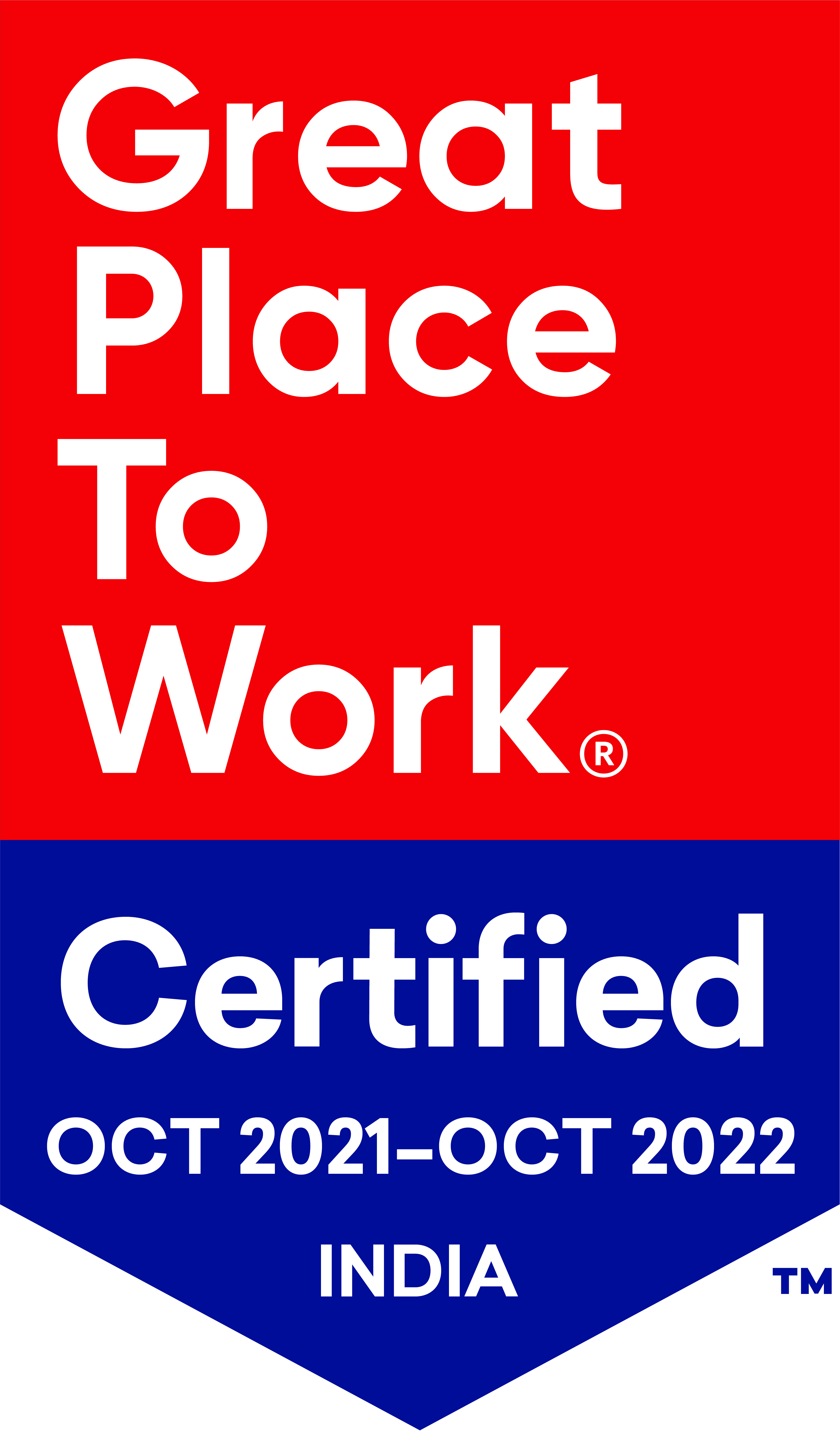Leading by Example: People from Drug-using Backgrounds Strengthen Harm Reduction Interventions in India
Effective harm reduction programming requires the involvement of people who inject drugs (PWID). This approach helps ensure the accessibility and responsiveness of harm reduction services. With this in mind, Alliance India’s Hridaya programme has engaged former PWIDs as peer counsellors.
Hridaya empowers drug users by identifying and building PWIDs as leaders in their communities. The programme works in the states of Bihar, Haryana, and Uttarakhand to strengthen harm reduction interventions at state and district levels and establish a resource pool of trainers to support capacity building in organisations working with PWIDs.
People from a drug-using background often better understand the lives of PWIDs and are familiar with the isolation and rejection they often experience from family, friends, and society at large. Building rapport with PWIDs and gaining their trust are essential steps in harm reduction programming, and Hridaya’s approach is designed to demonstrate the value of harm reduction as a strategy to address HIV in PWID communities in India.
Take the example of 33-year-old Amit Bali. He began abusing prescription drugs at the age of 16 and even used his school fees to support his addiction. When caught, he ran to Mumbai but lost all his belongings and had to return to Dehradun, his hometown. Once there, he felt isolated which further encouraged his drug use.
Amit used every drug he could lay his hands on. You name it, and he has done it. But in 2002, a friend introduced him to a new drug — brown sugar (street name: pudia). From that day on, he was hooked. It was an expensive habit in a city like Dehradun, so he moved to a cheaper alternative and started injecting drugs. Soon Amit was injecting 10 to 15 times a day and started selling drugs on the street. Before long, he was caught by the police.
While battling for his dignity in police custody, Amit regained his lust for life. After release, he checked into a rehabilitation centre though he relapsed within a few days. Later he got in touch with the Herbertpur Christian Hospital Targeted Intervention Programme (HCH TI) near where he lived in Dehradun and sought help to get out of the vicious cycle of drug dependency. He again was admitted to a rehab centre and started to attend Narcotics Anonymous (NA) support group meetings. NA is a worldwide fellowship of people recovering from drug dependence who want to stay clean and help others do the same. Now more than three years later, Amit’s life has changed completely.
Amit now works as a peer counsellor with Hridaya. Passionate about his new life, he observes, “The value of an addict helping another addict is without parallel. My only aim is to help my peers as much as possible so that their quality of life improves. I want to give them the support I longed for when I was in their place.”
___________________________
The author of this blog, Francis Joseph, is Programme Officer for Alliance India’s Drug Use & Harm Reduction programmes and is based in New Delhi.
Spanning five countries (India, China, Indonesia, Kenya, and Malaysia), Community Action on Harm Reduction (CAHR) expands harm reduction services to more than 180,000 people who inject drugs (PWIDs), their partners and children. The programme protects and promotes the rights of these groups by fostering an enabling environment for HIV and harm reduction programming in these five countries. CAHR is supported by the Ministry of Foreign Affairs, Government of Netherlands.
In India, CAHR is called ‘Hridaya’ and is implemented by India HIV/AIDS Alliance in partnership with SASO, Sharan, and a number of community-based harm reduction organisations and networks. This programme helps build the capacity of service providers, makes harm reduction programmes more gender-responsive, improves access to services and advocates for the rights of PWIDs. In addition to providing services, Hridaya has a strong capacity building component to support advocacy, knowledge management and improved services for PWIDs.
Other Recent Articles
- The COVID-19 pandemic through a transgender person’s lens 20 May, 2021
- The first-ever National Transgender Summit reaffirmed the rights of the transgender community 16 April, 2021
- Our Reflection on World Health Day 2021 7 April, 2021
- Vihaan Care and Support Programme Review Meeting 6 April, 2021
- Never too late to save one more life 25 March, 2021
- Ensuring ART adherence among the discordant couple 12 January, 2021
- Providing counselling and support to decrease loss-to-follow-up among PLHIV receiving ART 29 December, 2020
- Human Rights & Faith for People Who Use Drugs in Times of Pandemic 21 December, 2020
- Walking the talk: Making services community-led in India’s HIV response 21 December, 2020
- Press Release: The Launch of Faith For Harm Reduction Manual 19 December, 2020
- Made by Nicdark - Copyright 2020
- donations@ong.com
- volunteers@ong.com
- contact@ong.com
India HIV/AIDS Alliance
A not-for-profit Section 8 Company with Registration No: U85310DL1999NPL098570
Contact
-
6, Community Centre
Zamrudpur Kailash Colony Extension
New Delhi – 110048 - +91-11-4536-7700
Download
Quick links
©2021 All Rights Reserved by Alliance India




Leave a Reply